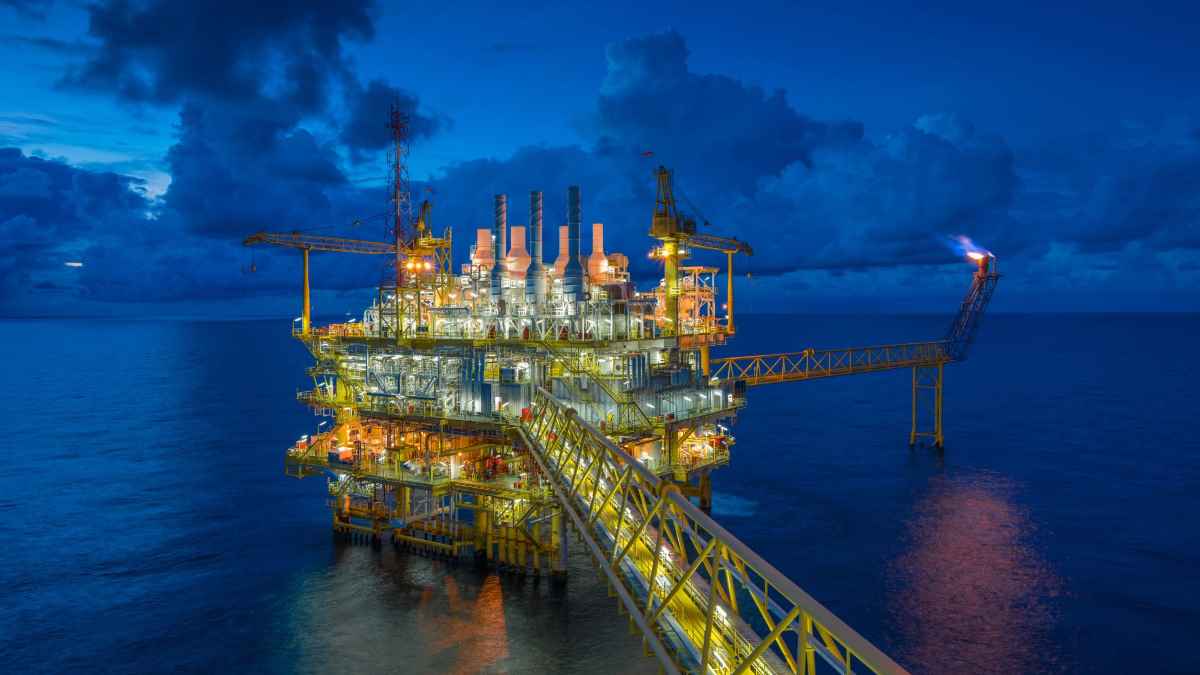As one of the continent’s frontier destinations for oil and gas, renewables and mining developments, the MSGBC region is poised to benefit from international and intra-regional investment across an array of sectors
NOUAKCHOTT, Mauritania, April 17, 2023/APO Group/ —
On the back of heightened investment as a result of the region’s competitive and attractive business environment, 2023 is set to be a pivotal year for the MSGBC region.
From oil and natural gas megaprojects to large-scale green hydrogen production, regional players in West Africa will have the opportunity to capitalize on their position as a frontier investment destination pioneering sustainable and integrated energy growth to kickstart industrialization, electrification, economic diversification and socioeconomic development.
Newfound developments across multiple sectors in the region will be explored at this year’s edition of the MSGBC 2023 Conference and Exhibition (https://apo-opa.info/41zukVu), organized by Energy Capital & Power and taking place in Nouakchott from 21-22 November, reaffirming West Africa’s position as a regional hub for oil, gas, renewables and green hydrogen.
Hydrocarbons
With first oil and gas due to come into production in 2023, the MSGBC region has emerged as a highly competitive investment destination for large-scale hydrocarbons projects. Straddling the maritime border between Senegal and Mauritania, the $4.8 billion Grand Tortue Ahmeyim (GTA) Liquefied Natural Gas project is due to come online in 2023, while Senegalese megaprojects such as the Sangomar Field Development and the Yakaar-Teranga Development are set to come online in 2023 and 2024, respectively.
With project partners oil and gas supermajor bp and deepwater exploration and production company Kosmos Energy, along with Senegal’s national oil company Petrosen and its Mauritanian counterpart the Société Mauritanienne des Hydrocarbures targeting first gas production from the GTA project this year, the Ministry of Petroleum, Energy and Mines of Mauritania and the Ministry of Petroleum and Energies of Senegal have demonstrated their commitment to bringing regional wealth to West Africa.
With first oil and gas due to come into production in 2023, the MSGBC region has emerged as a highly competitive investment destination for large-scale hydrocarbons projects
Renewable Energy
The MSGBC region has seen a significant increase in both small- and large-scale green energy developments as a result of its vast abundance of renewable energy resources such as wind, hydro and solar. Adapting to the global market in the wake of the energy transition, countries in the MSGBC basin have begun to reform their growth agenda towards innovative strategies in the development of the region’s renewable energy potential, with Senegal having set a target of 30% renewable energy in its electricity mix by 2025 and Mauritania having set an energy mix of 50% renewables by 2030.
Infrastructure
Taking place against the backdrop of sizeable offshore gas discoveries, the MSGBC region is poised to see increased investment and development within its infrastructure sector, with major gas discoveries in Senegal set to service the country’s first gas-to-power project, the 300 MW Cap des Biches Combined Cycle Gas-Turbine plant. Underpinning the region’s efforts to achieve universal energy access while promoting local content development and GDP growth, the MSGBC region has begun to maximize its infrastructure rollout across various sectors in oil and gas, renewables, agriculture and mining.
Mining
Under a broader agenda of establishing the MSGBC basin as a regional green energy integrated hub and enabling green steel industry, the region’s well-established mining sector is poised for growth, driven by the need to meet an increasing global demand for strategic minerals required for the development of renewable energy technologies. The MSGBC region boasts a well-developed mining industry, with Guinea-Bissau holding the world’s third largest reserves of bauxite, while Senegal and Mauritania boast highly prospective reserves of gold, nickel and phosphates.
Agriculture
Fueled by high population growth and a growing demand for food, the agricultural sector in the MSGBC region will serve to foster intra-regional trade and cooperation while boosting productivity and ensuring small-scale farmers have greater access to regional markets. Crucial to economic growth, the MSGBC region’s agriculture sector will serve as a powerful tool to combat extreme poverty, boost shared prosperity and drive socioeconomic development in West Africa
Distributed by APO Group on behalf of Energy Capital & Power.
